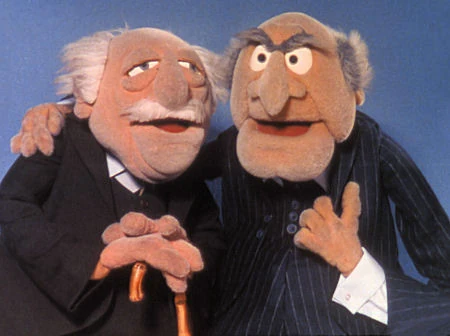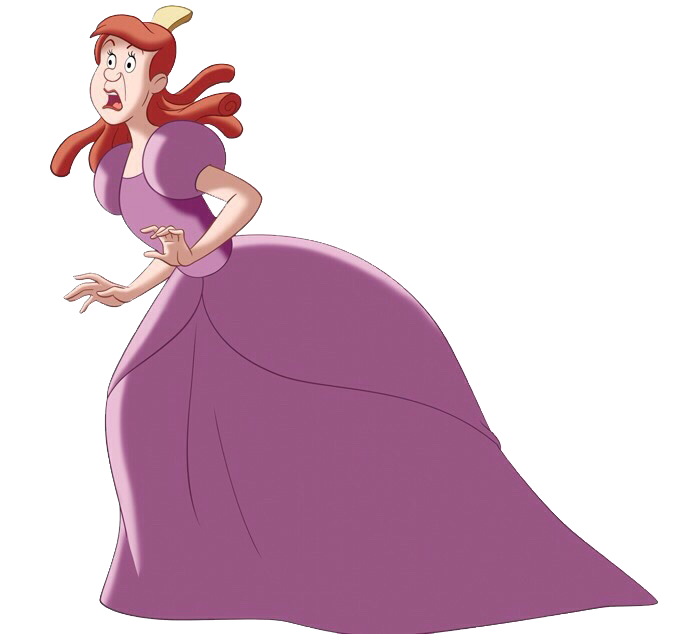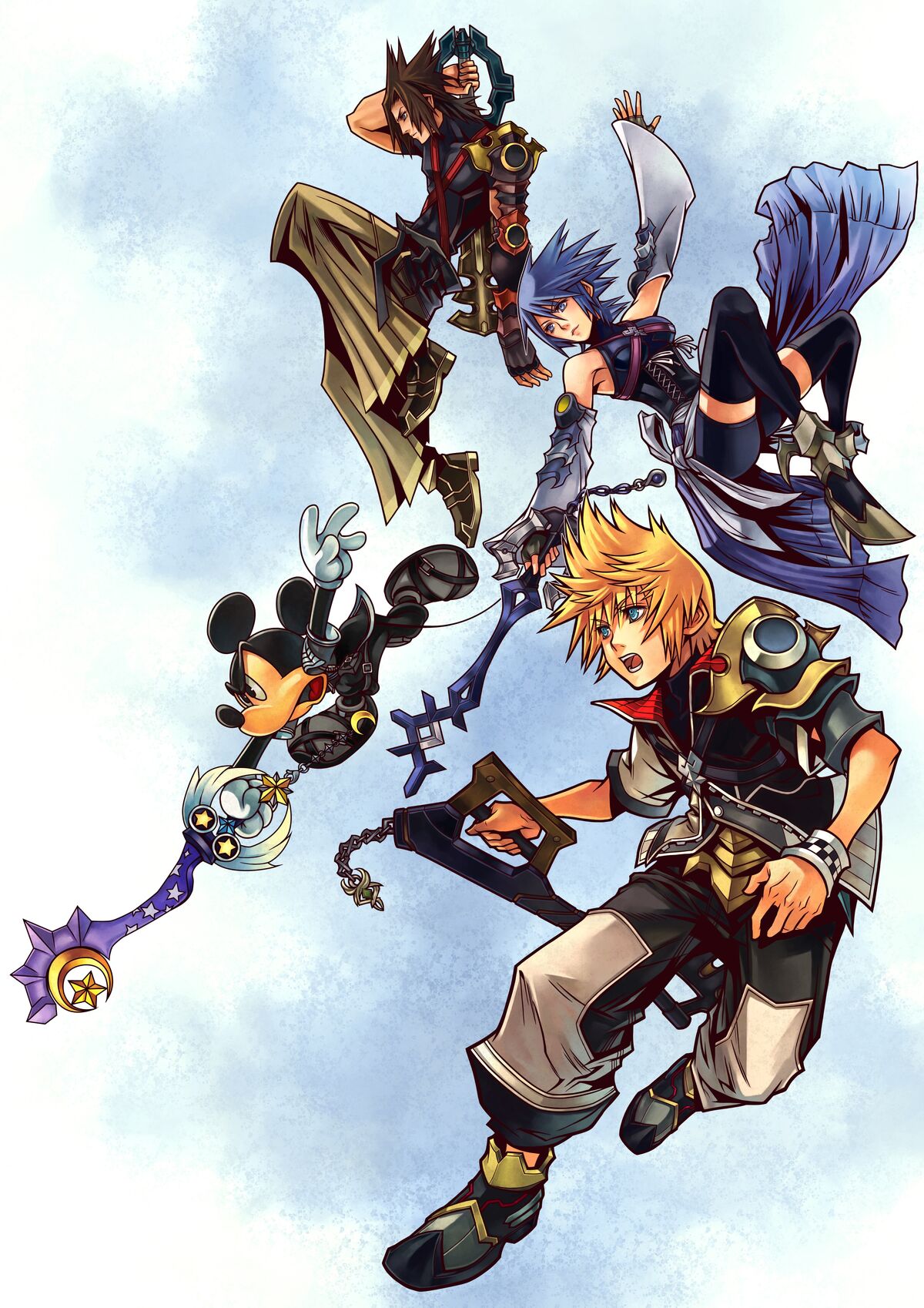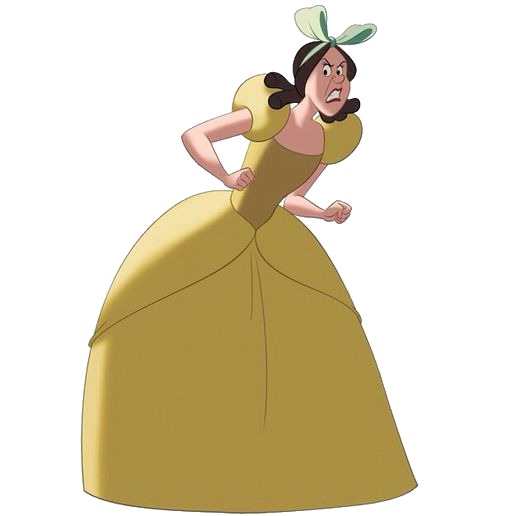For most of their career, lived up to their tag as "the only band that matters." They remain one of the most important acts from the early years of punk rock music, influencing nearly everyone who came after them. At the start, The Clash played aggressive guitar rock, with fast tempos, angry vocals, and politically aware lyrics. The roots of change were present from the start - this was always a band that was going to search for new sounds and new ideas - and they incorporated other genres into their later work, particularly dub and reggae.
The band continued expanding into funk and even new wave, but their career spun out quickly with a lineup change and an overproduced, synthetic sound. Even so, their legacy continues with an impressive array of brilliant songs created over the course of just six studio albums. Tracking the high points of this music shows an energetic band willing to change both with the times and with their own personal muse.
The band came out of the gate strong. If anyone had doubts about these punks showing up on a major label, The Clash answered them immediately with "White Riot." In less than two minutes, the band's debut single had it all: political commentary, raging guitars, and an unforgettable chorus. The song was inspired by the 1976 Notting Hill riots that Joe Strummer and bassist Paul Simonon were part of, and the band turned their thoughts on the experience into a startling meditation.
The song received criticism for sounding racist, but Strummer was clear. His call for a "white riot" was not an attempt to start a race war, but a recognition that he saw Black people in the UK fighting for their rights while white people with class problems were simply going along with society, even at the cost of their own well-being. , and his language and the band's music became a classic plea.
Another single from The Clash's self-titled album took on a different country. "I'm So Bored With The U.S.A." attacks a number of areas of US culture, from its foreign policy to its drug problems and its obsession with violence.Strummer delivers it all with , and the band's straightforward rock allows the song to develop another catchy melody above the driving music.
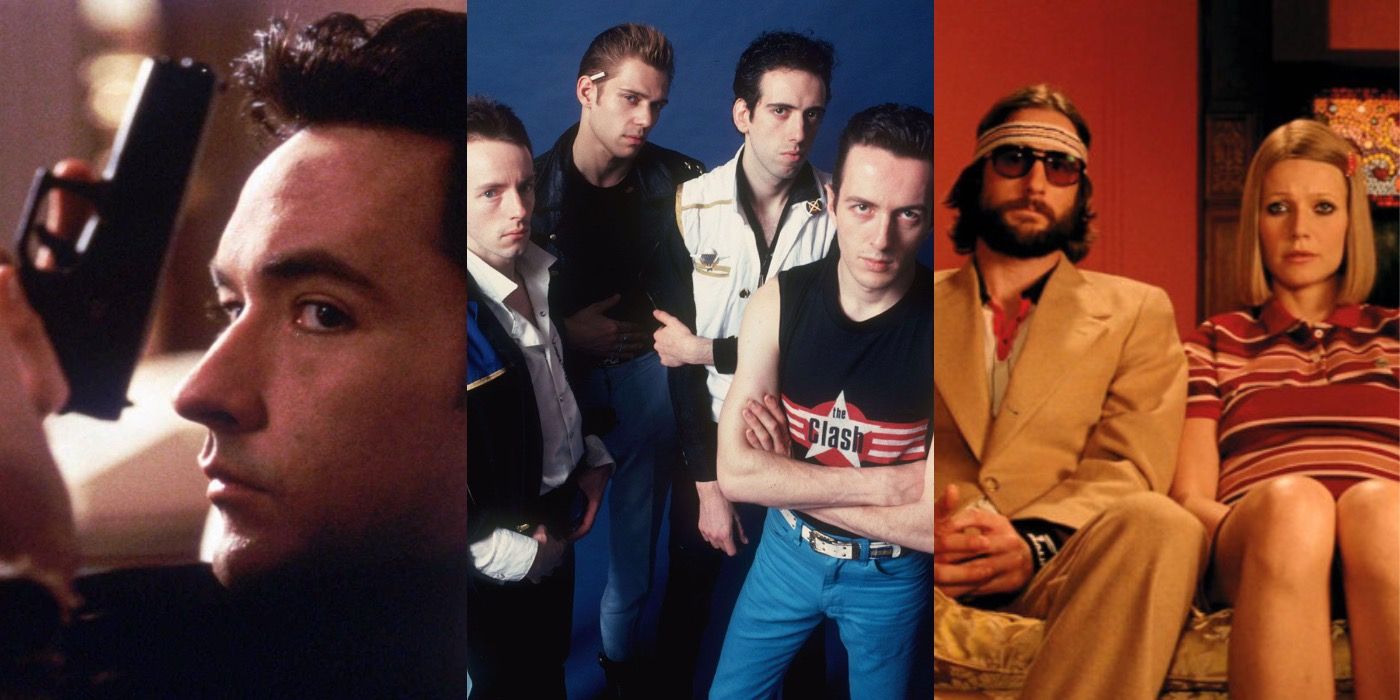
Related
The 10 Best Uses Of The Clash Music In Movies & TV
Punk rockers The Clash have underscored many films and TV shows. These are the 10 best uses of The Clash music in movies and TV.
Key to the song's success is how little it actually expresses boredom. What's boring about the US to The Clash is its persistent awfulness, and they express something more like anger and disgust. But while The Clash are furious about Watergate (among other issues), . The US is the reigning superpower, determining the direction of smaller nations, and it's just going to continue. The situation, Strummer describes with only a touch of irony, has just become boring.
Before The Clash's second album, Give 'Em Enough Rope, the band brought on Topper Headon as their full-time drummer, and he quickly proved to be an instrumental part of the team. On single "Tommy Gun," Headon's part imitates machine gun bursts, and his opening hits coupled with the big guitar strum became a big moment in the band's career. Some fans complained about the more mainstream production on the sophomore album, but this track sounds punk through and through.
Give 'Em Enough Rope was, oddly enough, the first Clash album released in the US. The Clash was only released in the US in 1979.
It has a unique take, considering how terrorists might like to see themselves make the news. Viewers of the news might see them as heroes, and fall in line, too. While it's a pounding bit of rock, . The Clash never fool around, and this track goes straight to the heart of global concerns at the time. "Tommy Gun" is a quintessential example of the band's rocking approach to politics while showing them thinking creatively within the concept of "punk."
With their third album, London Calling, The Clash reached their artistic, critical, and commercial peak, eventually going platinum in both the US and the UK while consistently earning top reviews. For this album, the band had expanded their sound so much that pulling out representative tracks became an impossibility. The group included classic rock, reggae, rockabillly, soul, and more in their look at modern life in London and beyond.
The album's titular opening track sets the tone. "London Calling" moves outside typical punk, . The band takes on, as expected, society, with its police violence and stifling structures. It also addresses the band's own sense of "drowning" (the word carries multiple meanings in the song), dealing with their fame, their debt, and the end of punk's big moment (a sort of "phony Beatlemania"). In putting so many pieces together, The Clash created one of their greatest recordings.
Reggae, ska, and rocksteady provided plenty of inspiration for The Clash, from the start of their career, but increasingly in this middle era. "Rudie Can't Fail" celebrates rude boy culture by mixing rock beats into a mostly ska-based song. It's unusually relaxed for The Clash, and it sounds almost joyful in the context of their catalog.

Related
This Incredible Chappell Roan Cover Proves All Songs Deserve A Ska Cover
Ska gets unfairly derided, but as this cover of Chappell Roan’s hit “Red Wine Supernova” shows, this underrated genre deserves to be taken seriously.
The lyrics depict a rude boy who resists mainstream culture just by living his life with freedom. The idea of getting a straight-laced job just because he's supposed to doesn't make sense, and he opts out. "I know that my life make you nervous / But I tell you I can't live in service," he sings.
The man's life will look different to the world, but . The Clash knows you can't buy your soul, but you can live in a way that lets it flourish. On "Rudie Can't Fail," they support that understanding with a significant element of their growing sound.
The Clash pushed their experiments even further with their next album, Sandinista! This triple-album sprawls, wandering everywhere it can stylistically. The record was a critical success, even winning The Village Voice's Pazz and Jop poll that year. Forty-five years later, it still finds spots on greatest albums lists, but it's nearly impossible to listen to straight through. Long sections are just too dull, and the band's push into dub feels more indulgent than creative.
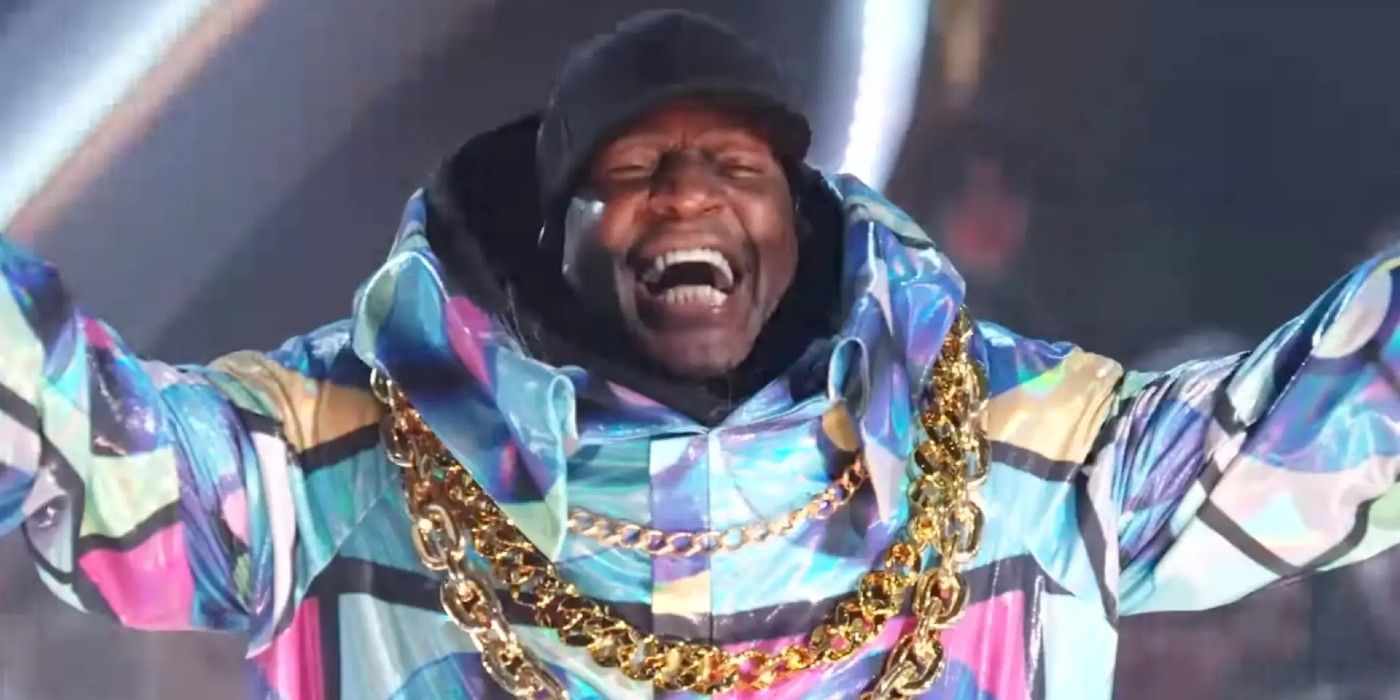
Related
Grandmaster Flash Admits Masked Singer Helped Him Be 'Childlike'
After being unmasked, Grandmaster Flash reveals competing on The Masked Singer helped him to shut off the adult side of him and be more childlike.
That said, The Clash couldn't play for too long without finding a great song, and Sandinista! has several. The best of these, "The Magnificient Seven," draws on hip-hop and funk. The band's ready for a dance party, and while Strummer's voice is unmistakable, so is the influence of Grandmaster Flash. , seeing the average worker's struggle just to keep up. It's an early form of rap, yet still somehow very much The Clash in its essence.
"The Call Up" settles into a funky groove and while it demonstrates the band's new post-punk position, it's the effectiveness of the lyrics that truly puts this one over the top. Strummer sings an anti-draft song. The cut starts out effectively enough, and the fact that The Clash would be against conscription (a notable concern in the US during the 1970s) is no surprise, but it's the sweetness of the song's turn that makes it work.
The US single release of this track includes "The Cool Out" as its B-side. It's a dub version of "The Call Up," and well worth finding.
When Strummer sings, "There is a rose that I want to live for / Although, God knows, I may not have met her," he quickly personalizes the song. His argument isn't just about political machinations, but about . In this case, without saying it directly, the boy is too young to have even found love yet, but he has a romantic tenderness that makes it heartbreaking. The moment is more effective than any screed.
After the weirdness and expanse of Sandinista!, The Clash took a more focused and mainstream approach to their next album. Combat Rock certainly had a more commercial sound, and it became the group's bestselling album (in no small part due to its strong singles). The band might have sounded more in line with contemporary pop, but they were no less countercultural in ideas, singing, among other topics, about the fallout from the Vietnam War and ongoing military escapades.
Musically, "Rock the Casbah" is largely a Topper Headon composition, with some later additions from the rest of the band, and it moves The Clash toward danceable new wave. Strummer wrote about the Iranian ban on Western music with an almost comic attitude, but . The sound effects had to the joy of the song and, despite its serious foundation, the cut became a big hit for the band, and the video became an MTV staple.
Prior to his departure from the band in 1983, Mick Jones had one more great song in him for The Clash, and he wrote it by thinking back to the beginning. to simply be good old-fashioned rock 'n' roll. That's not to say it doesn't have a punk edge - you can certainly pogo to it - but the band was content to play a classic chord progression and have some fun with it.
The song succeeds in part because the lyrics are so widely applicable. Is Jones talking about a relationship? Leaving the band? Leaving a party before something bad happens? It doesn't particularly matter, because that jittery feeling works in so many settings. With a perfect hook and an enthused band behind it, "Should I Stay Or Should I Go" takes off, giving The Clash one of their most memorable and accessible songs.
Although Cut the Crap probably receives more hate than it deserves, The Clash definitely hit their nadir with their final album. Both Headon and Jones were gone, and Strummer's frustrations and personal issues seem to have affected the recording. Even so, , and "This Is England" can stand alongside music from their more beloved eras.
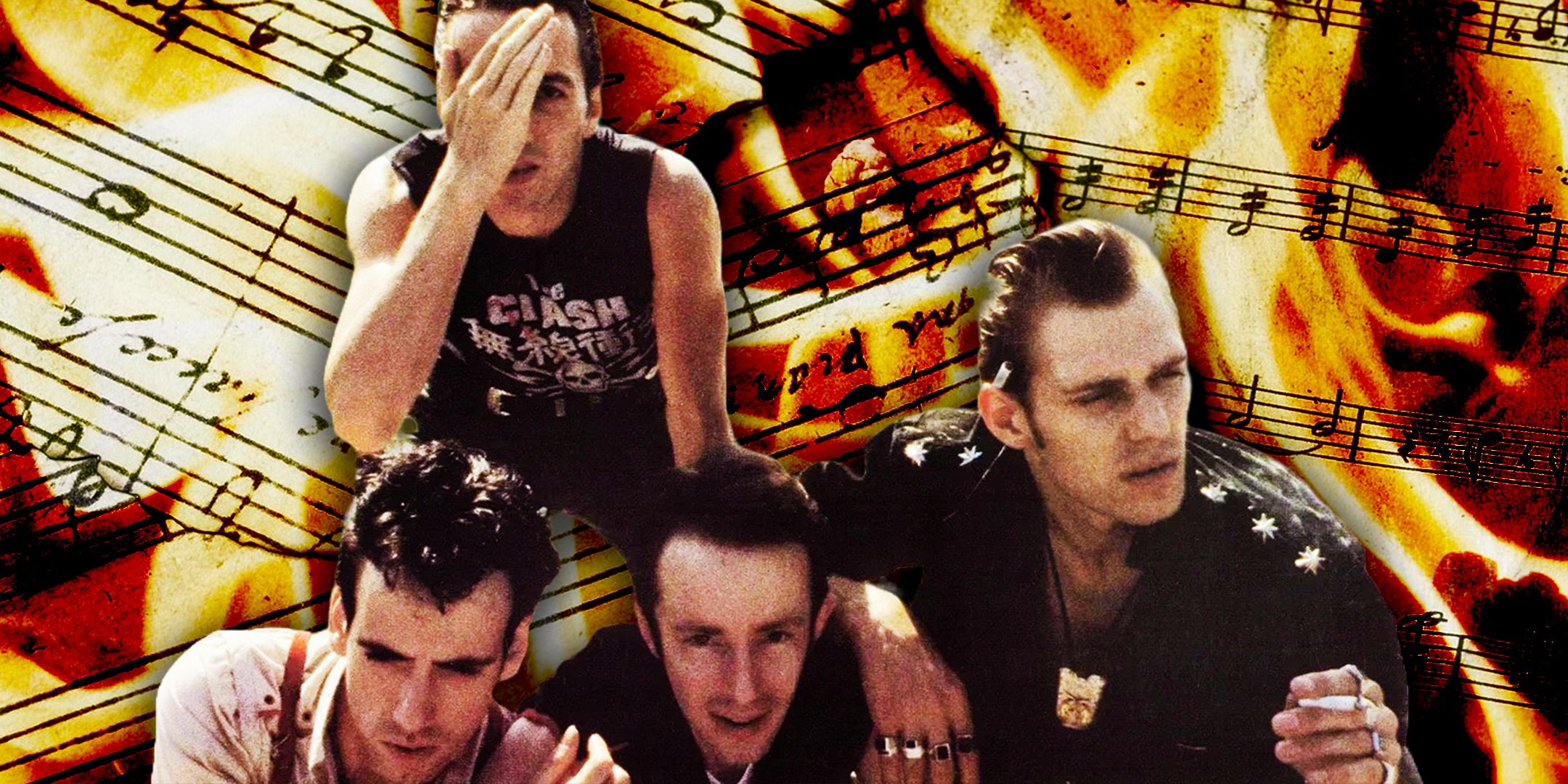
Related
9 Bands Who Fell Out Of Popularity After Their Biggest Album Hit
Sometimes breakthrough albums capture a level of creativity and cultural influence that create a double-edged sword. That was the case with these 9.
The cut attacks various problems in the UK, from the working class struggles to racism (and the government's failure to respond to racist attacks). Strummer gave it an anthemic sound, juxtaposing the mood with the tone. The song feels like something that might be sung at Anfield, but its political message makes it nothing you'd use to cheer anyone on - unless, of course, you're cheering them on toward revolution. "This Is England" is one last masterstroke from before the band broke up, and a final reminder of how much they really did matter.








